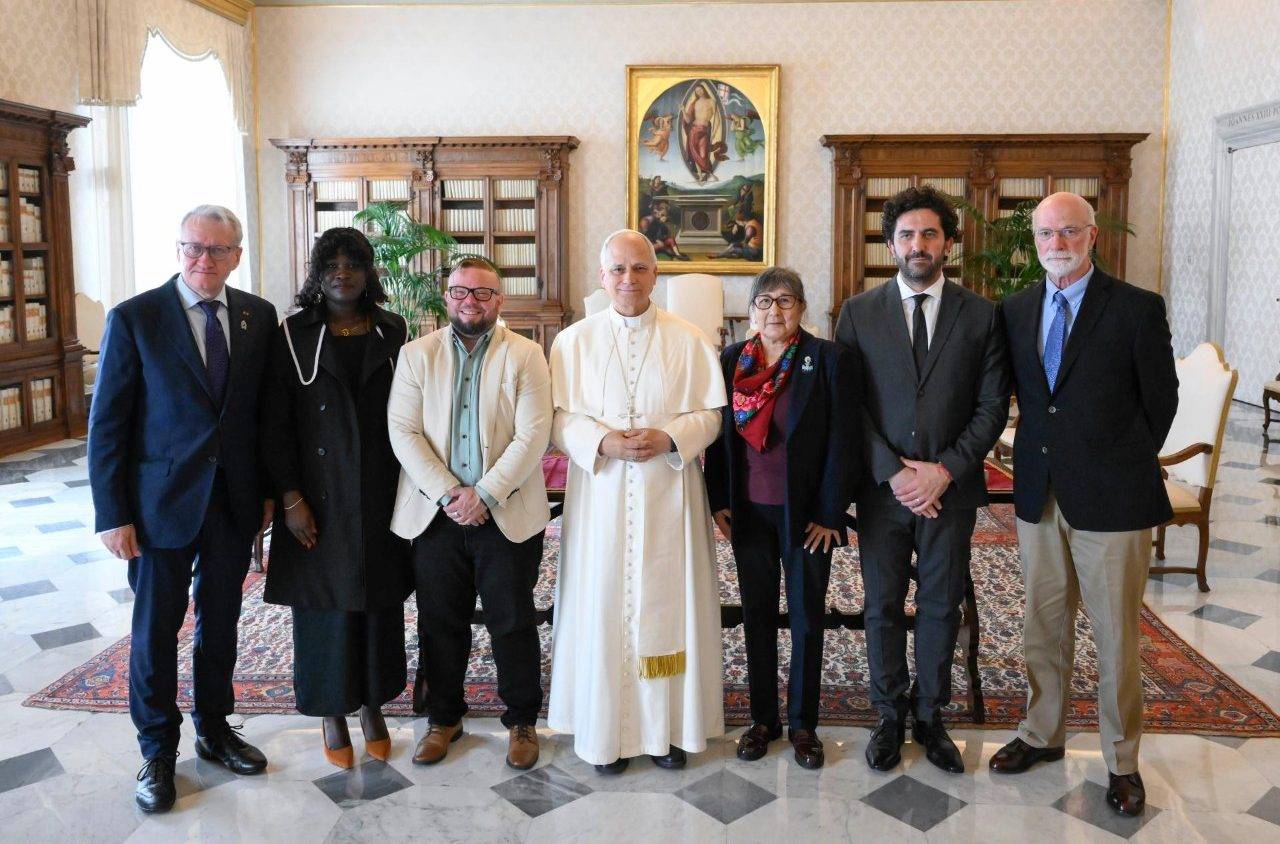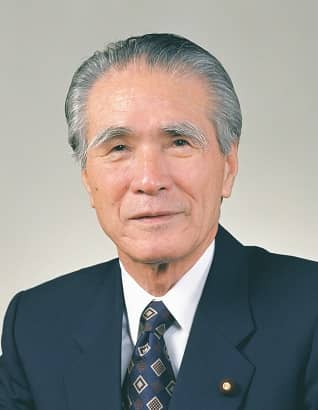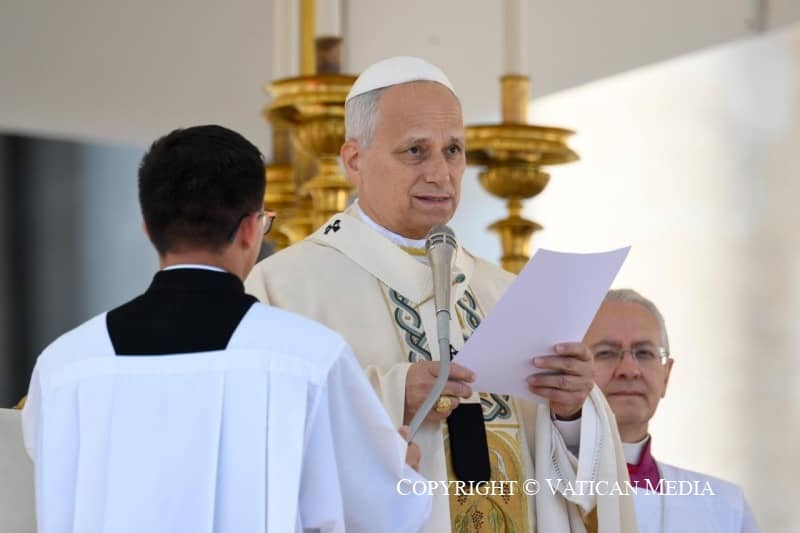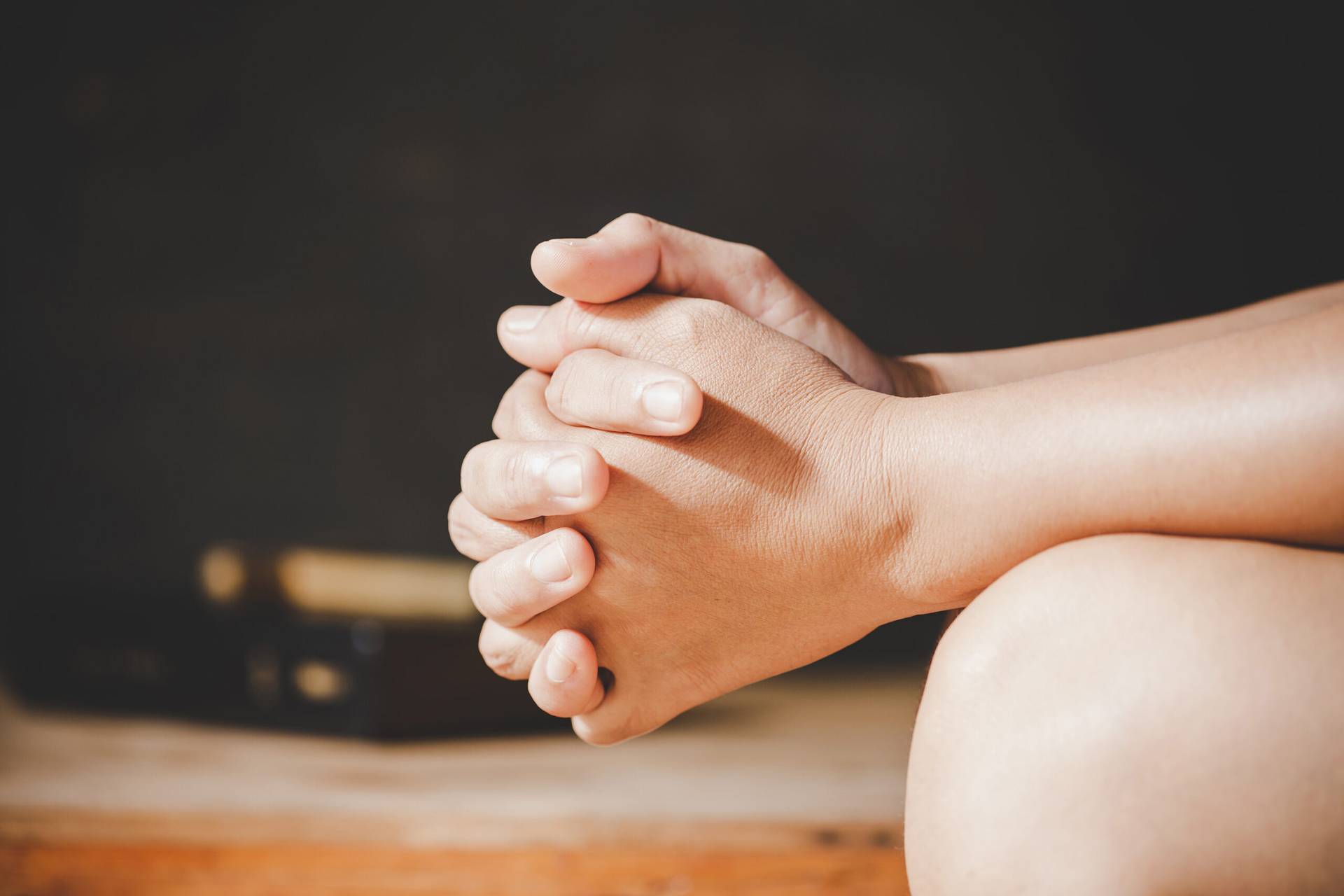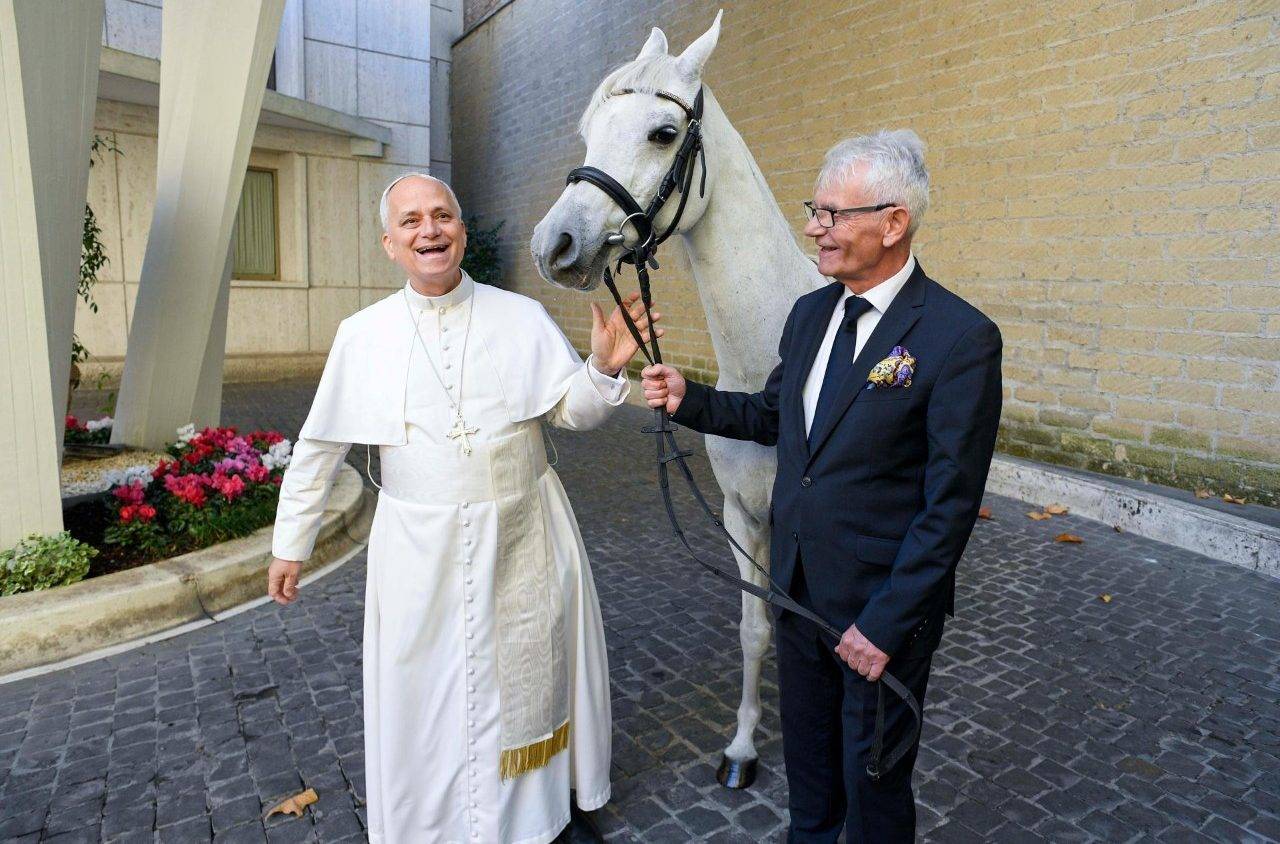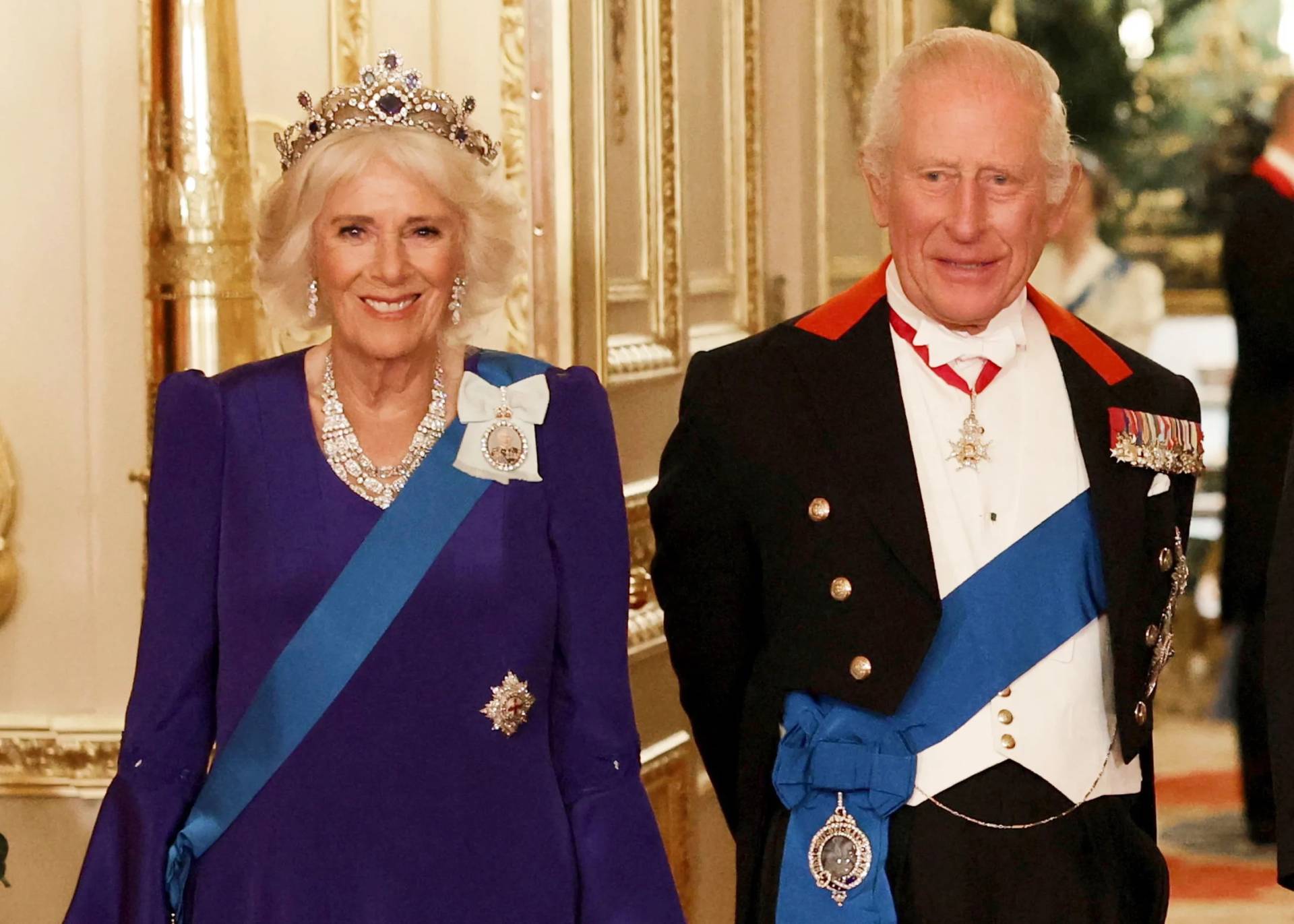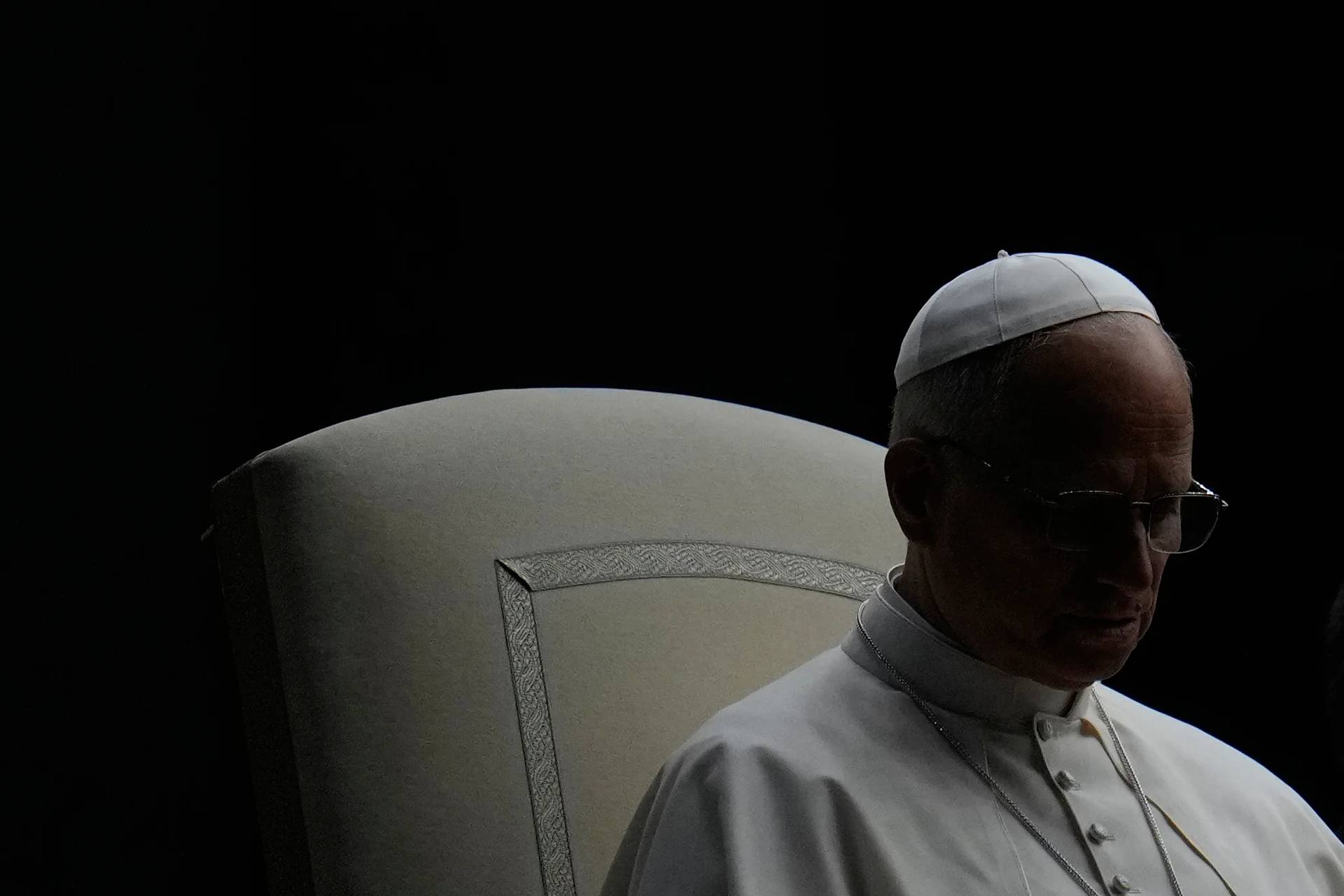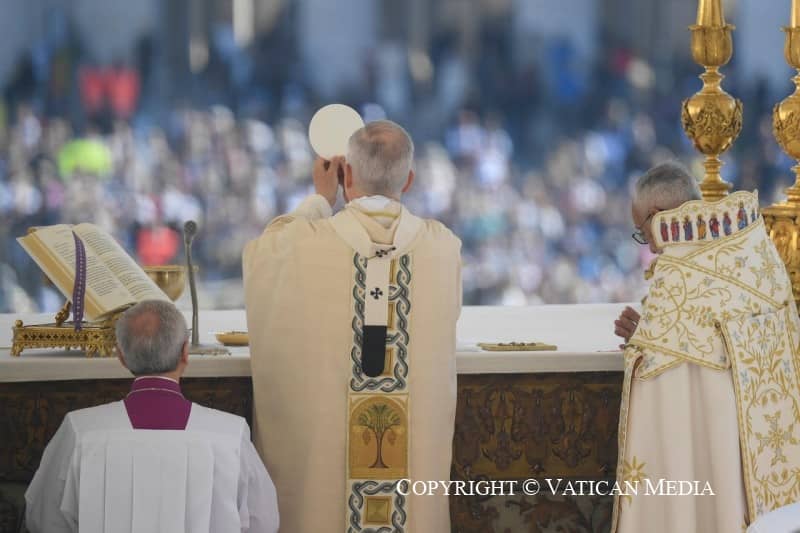In the midst of the sound and fury over President Donald Trump’s travel ban, Catholics should be able to step back and not only get clear guidance from the Church, but offer some compassionate common sense to others.
Put simply, the quarrel is between those who wish to welcome the stranger—the immigrant and the refugee— and those who wish to maintain law and order and keep the country safe from terrorists.
American Catholics are not strangers to the debate.
While the issue of terrorism as we now know it is fairly recent, the problem of immigrant workers is not. With the influx of immigrants from Ireland and Italy in the nineteenth and early twentieth century, America was the scene for some of the worst anti-immigrant and anti-Catholic reaction.
Remembering her own history, the Catholic Church in the United States should be in the forefront of welcoming the stranger.
The Catholic Bishop’s website is full of resources of encouragement on this issue. Three essential principles are laid out in the document, On Immigration and the Movement of Peoples.
First, people have the right to migrate to sustain their lives and the lives of their families. This assertion does not mean that everyone should have complete freedom of access simply because they like living in another country, or because they can have a higher level of material wealth.
The assumption is that the immigrant’s very life is endangered by war, natural disaster, poverty or persecution. Those who live in a safe and prosperous country have the duty to assist and welcome those whose lives are in genuine danger — they do not have the duty to open all doors to everyone who decides they want to live there.
The second principle is that a country has a right to define and defend its borders.
“While individuals have the right to move in search of a safe and humane life, no country is bound to accept all those who wish to resettle there,” the document says.
Catholic social teaching is clear that, while prosperous and secure nations should welcome the stranger, they must do so with an eye to the common good. Therefore, if government officials make difficult decisions for the common good with a sincere mind to protect the people, their decisions and authority should be respected.
“For this reason, Catholics should not view the work of the federal government and its immigration control as negative or evil. Those who work to enforce our nation’s immigration laws often do so out of a sense of loyalty to the common good and compassion for poor people seeking a better life,” it says.
It might seem that the first and second principles cancel out one another, but both must be read in light of the third principle.
The third principle is that a country must regulate its borders with both justice and mercy. In other words, the government must defend our borders and protect our people from harm, but all of us — the government included — must do so with a heart of compassion as well as a head for justice.
The elderly, the weak, the young and the vulnerable must be especially protected and assisted. Every effort must be made for families to stay together, and if immigrants are here illegally the policy should be to help them find ways to integrate and become part of society rather than immediately deporting them.
If however, they are criminals or suspected terrorists, the screening processes must err on the side of caution and treat them as justice demands.
As is usually the case, Catholic social teaching recognizes truth and goodness wherever it occurs, and helps individuals and advisers to government to see the issues clearly and to make wise decisions.
Guidance that balances compassion and common sense not only assists lawmakers, but can also guide members of the media and the general public to respond to current events with a sense of proportion, realism and practicality.
To shed light on the current controversy in the United States, is it right for the government to temporarily suspend immigration from seven volatile and violent countries?
As citizens, we should not assume “the work of the government is negative or evil.” It is the government’s duty to protect the people and defend our borders. On the other hand, Catholics should always stand up for the needy no matter what their race or religion.
We should continue to pressure decision makers to remember the thousands of refugees who need shelter, security and peace. Where appropriate, we should both assist them in their own countries and welcome them to our shores.







